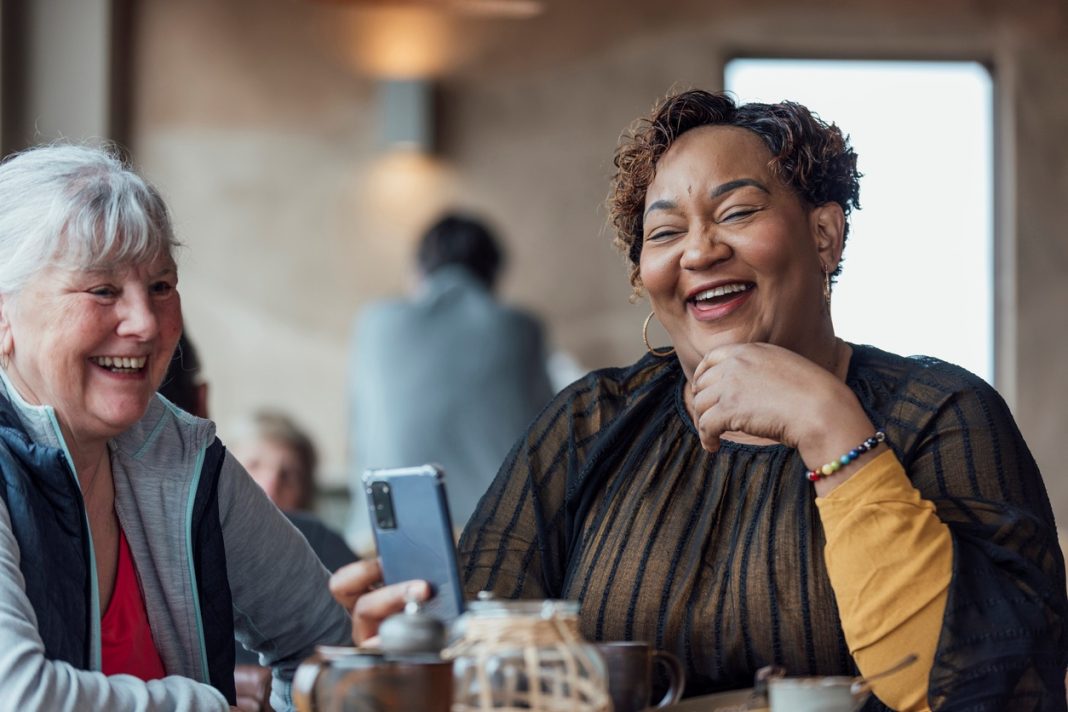As a clinical psychologist specialising in eating disorders and body dissatisfaction, I am a strong advocate for promoting respect for our bodies. Part of respecting our bodies involves being respectful of others’ bodies. Weight stigma, where we talk negatively about a person’s size and shape, is a common occurrence in our society. It leads many to develop poor self-esteem, anxiety around being in public, being judged and avoidance of eating in front of others.
There’s a misperception that we can tell how healthy a person is by their body size, shape and weight, this is false. I work with many people who would be classified, through their BMI, as overweight or obese – conditions we are taught to view negatively – and yet are incredibly healthy. In reverse, those who are seen as ‘thin’ must be healthy, which is not always the case. A person’s health is defined as being absent from disease and in a state of wellbeing. This is measured by internal health including that of our brain, organs and heart, bone and skin, as well as how fit we are and many other ways. An important part of our health status is our mental health, where our state of wellbeing can be measured by stress and anxiety levels, mood, sleep quality, engagement in pleasure and enjoying our lives. We can have all this despite body size, weight or shape. Think of the most optimistic person you know or someone you would describe as happy – I bet their appearance has got nothing to do with this.
How do we reduce weight stigma?
Judgements about people’s appearance are made all the time, but even a so called ‘compliment’ can be received negatively. I see clients who have been told many times that they’re attractive or beautiful, yet they don’t feel that way or it makes them feel self-conscious or concerned that’s all people see them for. We need to stop commenting on people’s weight and appearance and making this a source of value judgement, think about the whole person. What do you love about them in terms of their qualities, values and traits? Our appearance changes all the time, think about those you love and why you love them – it’s not about what they look like, is it?
Stop the diet talk. What a boring subject it is; talking about what diet we are on and what we are depriving ourselves of. What about talking about our experiences and interests? What we think about the issues of the world or holidays we might be planning. We can also talk about food for its function rather than making moral judgements about the marketing of ‘good’ foods and ‘bad’ foods. Where did we get these ideas from and are they actually true?
If you or someone you know is struggling with their relationship with their body, reach out for help; https://butterfly.org.au/get-support/helpline; Or you might find my book Eating Disorders: A Practitioner’s Guide to Psychological Care helpful; australianacademicpress.com.au
Canberra Daily is keen to hear from you about a story idea in the Canberra and surrounding region. Click here to submit a news tip.



